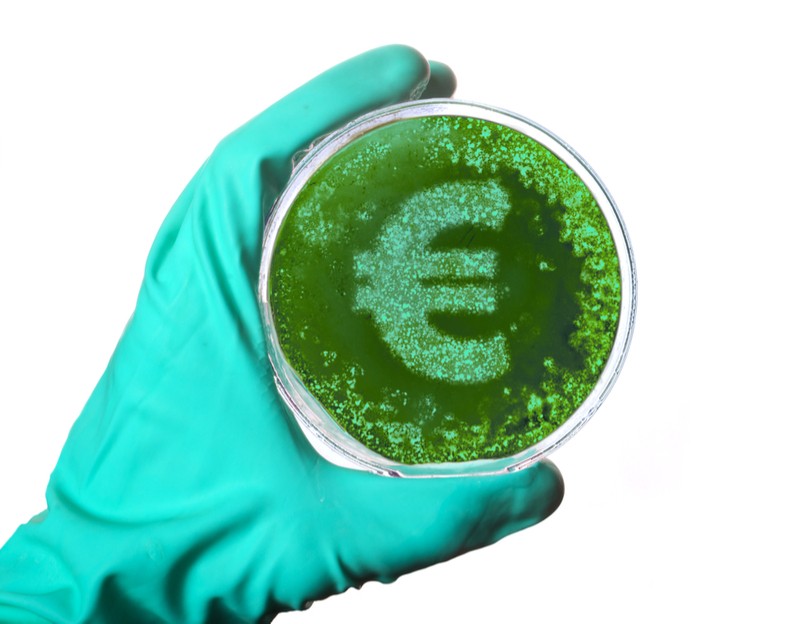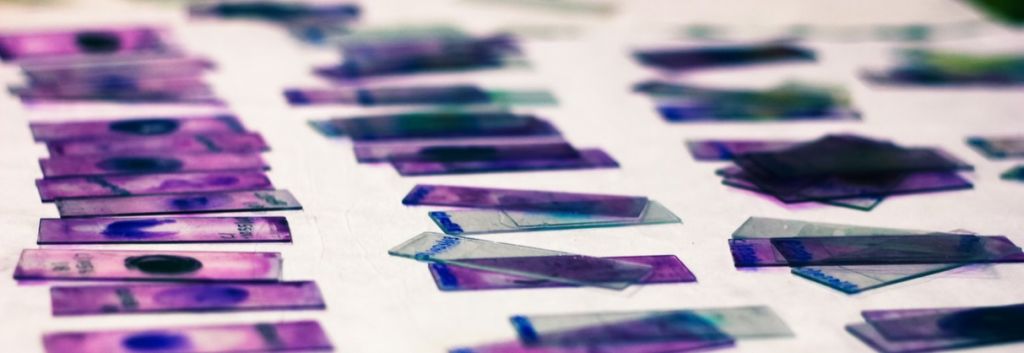The Novo Holdings REPAIR Impact Fund, launched to fight antimicrobial resistance, has invested €4.4M in the Danish company MinervaX to help fund the phase I trial of a vaccine that could protect newborn babies from streptococcal infections.
The Novo Holdings REPAIR Impact Fund aims to combat the growing menace of pathogens resistant to antimicrobial drugs, such as strains of bacteria like Pseudomonas and E. coli, by investing in companies developing new therapies against these pathogens. Established early last year, it is one of several funds created by Novo Holdings, which manages the finances of the Novo Nordisk Foundation and is a prolific investor in life science companies.
MinervaX is the REPAIR Fund’s latest beneficiary, having received €4.4M from the fund, along with another €800,000 from the Danish investor Sunstone Capital. The company is developing a vaccine against streptococcal infections in expecting mothers, which can lead to stillbirth or life-threatening sepsis in newborns.
MinervaX’s vaccine has recently shown promise in a phase I trial, letting healthy volunteers make antibodies against the bacterial pathogen by three months after injection. With the new investments, MinervaX can finalize the vaccine’s phase I development, which includes measuring the antibodies in the volunteers until 12 months after injections to check that the vaccine is long-lasting.

The REPAIR Fund has also funded other companies hoping to tackle antimicrobial resistance. It invested €6M (CHF 6.8M) in the Swiss company Polyphor in September, helping the company to develop new antibiotics for multi-drug resistant bacteria like Pseudomonas aeruginosa. The REPAIR Fund could also invest up to an extra €4.1M (CHF 4.7M) in Polyphor if the company reaches undisclosed milestones.
Less conventional treatments are also attracting the REPAIR Fund’s interest. The UK company Procarta Biosystems, who received €1.5M from the REPAIR Fund in 2018, is developing a way to kill bacteria by delivering DNA that blocks the expression of key bacterial proteins. Its lead treatment is in preclinical development for the treatment of urinary tract infections.
Other companies in Europe are exploring new ways to defend against multidrug-resistant pathogens. These methods include using toxic oxygen molecules, antibacterial viruses, or even CRISPR-Cas9 to destroy pathogenic bacteria while leaving ‘good’ bacteria unharmed.
Images from Shutterstock





